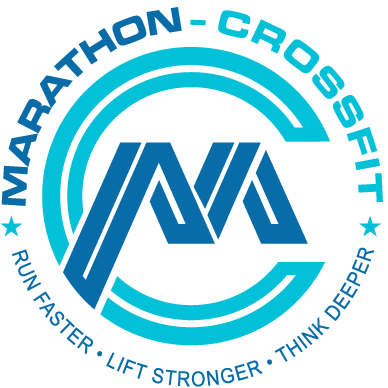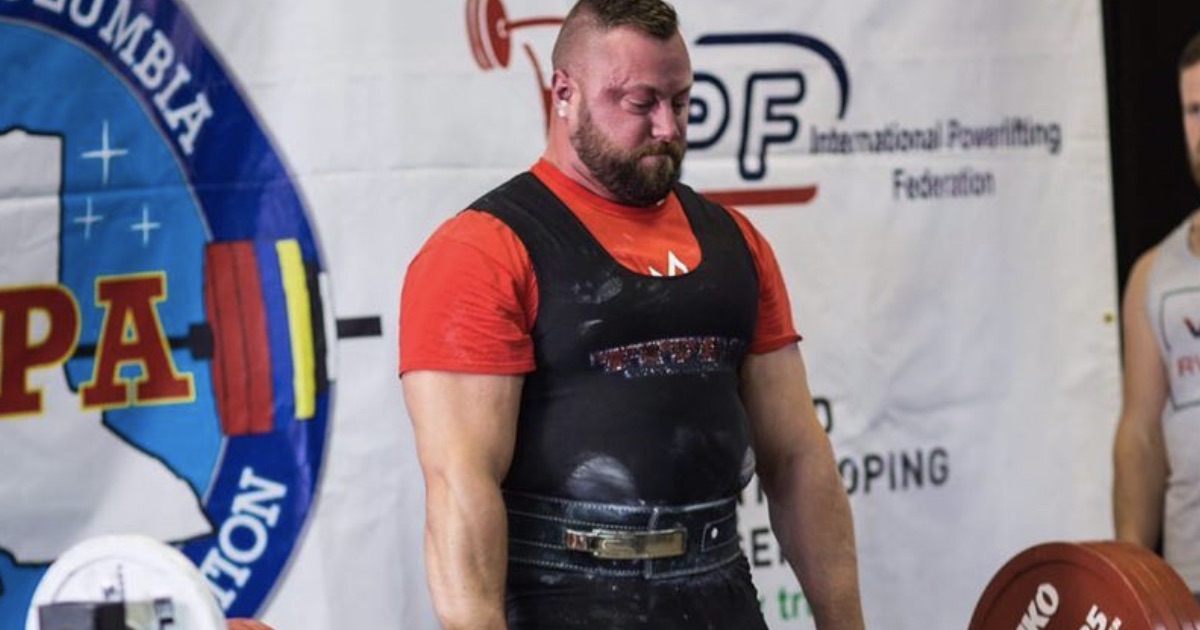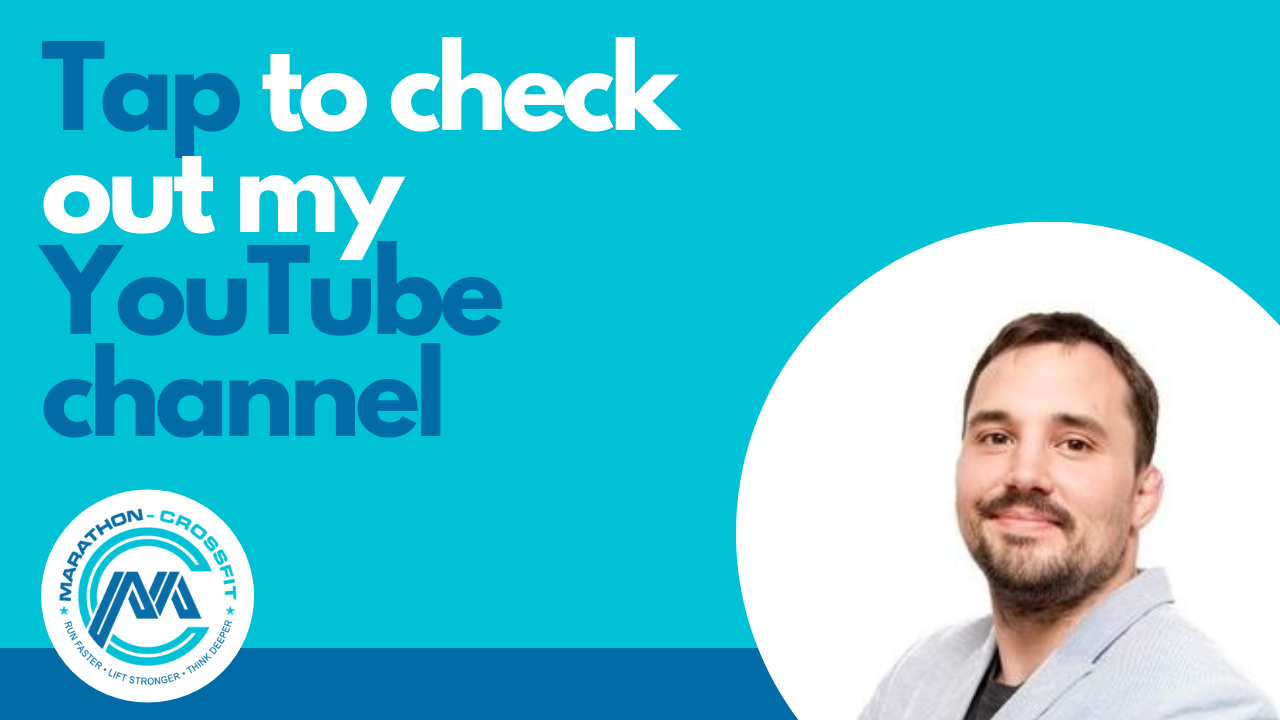How powerlifters tick: Interview with Avi Silverberg
I am only a beginner in the world of powerlifting compared to Avi. He has been lifting for more than 10 years and is involved with the Canadian national team. You can find his views and coaching tips at Powerliftingtechnique. He approached me recently to comment on the differences between the sumo and conventional deadlift and he was kind enough to participate in a little interview. Here are the results.
I find it very interesting how simple his approaches are and the numbers are still impressive. A good cut will always make your total look more impressive. But see yourself in this interview ad maybe check out Avi's business for support if you are somwehere in Canada.
Stats
First Name: Avi
Last Name : Silverberg
Weight class: 120kg
Raw total: 260-230-255
1. What are your goals:
I'm not much of a squatter and deadlifter, so my only goals right now are to continue to specialize on my bench press. My goal every time I step on the platform is to simply 'do better'. This depends on how my training cycle is going at the moment, but I'm always happy if I can add 2.5kg to my lifts. My lifetime bench press goal is to bench 250kg raw, which would be the heaviest raw bench press ever held by a Canadian powerlifter in the CPU.
2. What are your plans
For the past couple of years, I have taken some time away from competing to focus on two things: (1) my business and (2) cutting from the 120s to the 105s. It took me a year to do the cut sustainably, and now I'm at a point where I'm building strength in the new weight class. I still train 6 days/week and the majority of my training is still very intense and progressive in nature. My plans are to return to the platform in 2020.
3. What are your biggest challenges
One of my major challenges is balancing my powerlifting training with running my business. Both work and training are demanding and require intense focus. The best way I've overcome this challenge is to be flexible in my training approach. Some days I can only spend 45-minutes in the gym, so I get the first 1-2 exercises of my workout completed, and I don't worry about skipping the rest. I'm also not too fixated on 'needing to hit a certain number' on a specific workout. When I'm feeling good, I push myself. When I need to pull back, I do it and don't worry about it.
4. By when do you want to reach your goals
My short-term goal is simply to step on the platform again in 2020 and set my baseline competition numbers in my new weight class. For my long term goal of benching 250kg, I will likely need another 6-8 years of training to be in a position to do it. When I started, it took me 2 years to go from a 300lb bench to 400lb bench, and it took me 10 years to go from a 400lb bench to a 500lb bench. Making improvements as you become stronger is harder to do.
5. How did you overcome your biggest plateau
I was stuck around 210kg bench press for about two years. I simply kept training and working on my weak points within the range of motion. I also started tracking my training metrics and tried to recognize patterns that led to improvements.
6. How will you fix your biggest weakness
Making sure that I incorporate heavy board work into my training program is important for improving my bench press. One of my favorite protocols is doing 3-5 reps to my chest with a heavy weight right into 3-5 reps to a 2-board at the same weight. I haven't found any method better for increasing my strength in the mid-range and lock-out.
7. How will you improve your biggest strength
My biggest strength is my focus on technical execution. I try and make every rep look the same no matter if it's a warm-up set or working set. I also don't treat any variation of the bench differently -- so no matter if I'm doing a slow bench, board bench, banded bench, long pause bench, I'm setting up and executing the movement in the exact same way.
8. Why do you think is a coach important
A coach can help you problem-solve complex training situations. For example, if you've plateaued your strength for 6+ months and you can't seem to make any progress on your own, then a coach can provide their expertise and objectivity to help manage the training process. A good coach should also help you with things like attempt selection strategy and emotional/psychological support, which can greatly improve an athlete's performance.
9. What will you do when you reach your goals
Nothing will likely change. By the time I reach my goal, I'll probably already have a new goal that I'll want to accomplish in powerlifting.
10. What happens if you don’t reach your goals
If I don't achieve my long-term goal, it won't affect how I feel about powerlifting. I'll continue to powerlift because it's fun and makes my happy.


